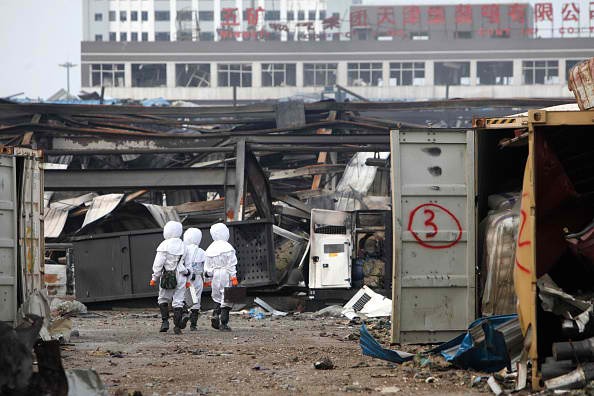Greenpeace reported that there have been 232 incidents of chemical accidents causing factories to explode. These accidents have brought 199 deaths and 400 injuries.
The environment activist group is calling for China to "radically overhaul" the "appallingly under-regulated" chemical industry.
Cheng Qian, a member of Greenpeace, said, "The government must take urgent action to manage chemicals in a sound manner, provide a safety net for workers and citizens, and protect ecologically important areas across the country."
The group reported that 33,265 chemical facilities are found near the country's coastal areas. China needs to provide more transparency to industry data.
The accidents that have occurred recently have been a result of the government's struggle in rules on acquiring, producing, storing and disposing of dangerous chemicals. Experts believe that 2011 data is outdated and that rules published at that time should be reviewed and tightened.
A chemical plant in Tianjin exploded on Wednesday that killed four workers. The plant is owned by Wanhua Chemical and produces chemicals to make foam and paint.
The deadliest explosion in China occurred last year and killed 165 people and injured almost 800 people. The explosion caused $1 billion in damages.
The government punished 49 individuals responsible for the chemical plant for poor safety practices and lack of oversight.
The company which owned the plant, Ruihai International Logistics, was also accused of handling dangerous chemicals without a license.
Chemical warehouses in Tianjin store as much as 700 tons of sodium cyanide, used in mining to separate gold and silver from the rock.
These chemical facilities are prohibited from operating if they are less than a kilometer from business or residential areas. However, there are still chemical plants that violate this rule.
Residents in Tianjin fear that there is still remains of sodium cyanide in the city's water and air.



























